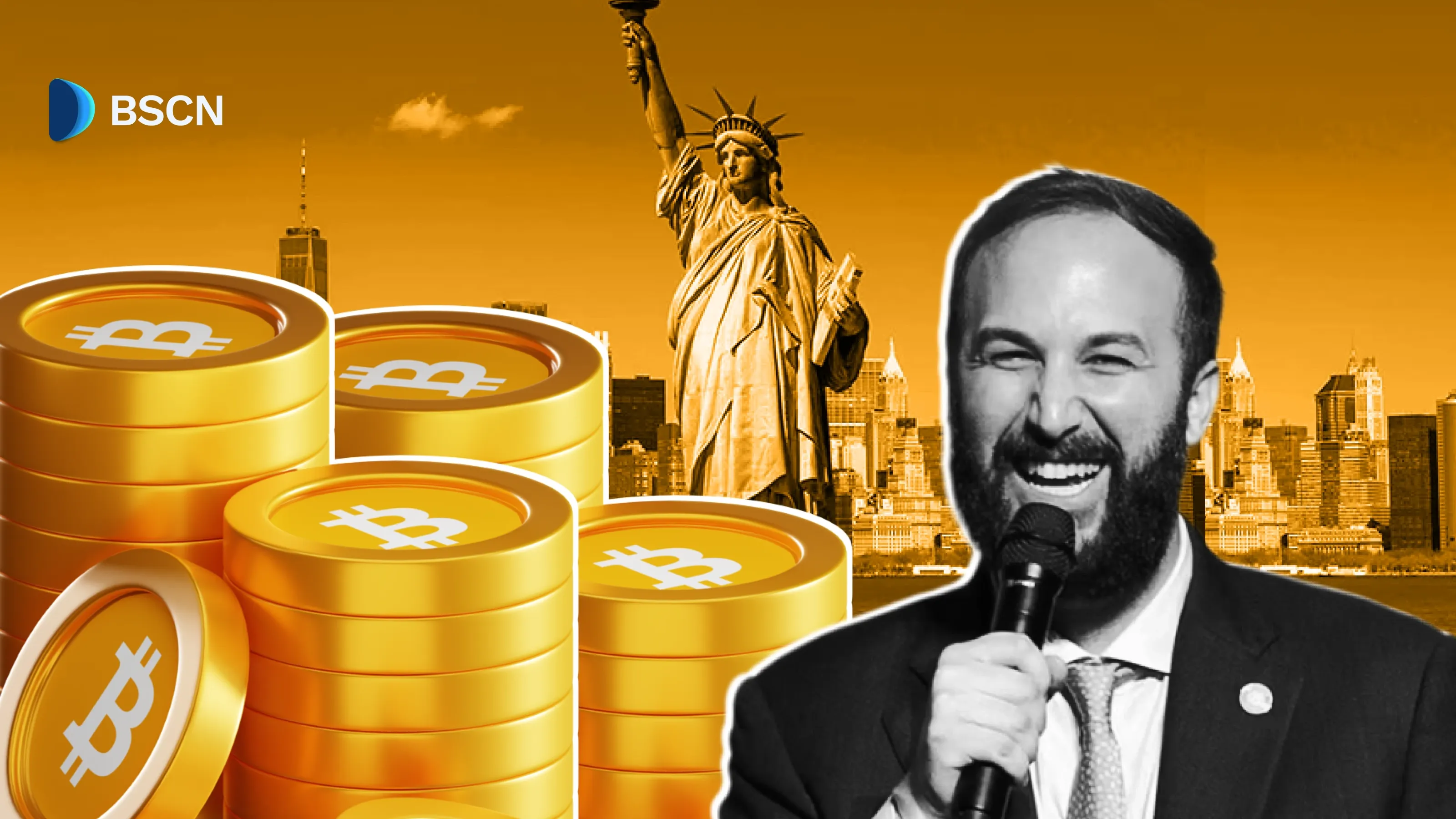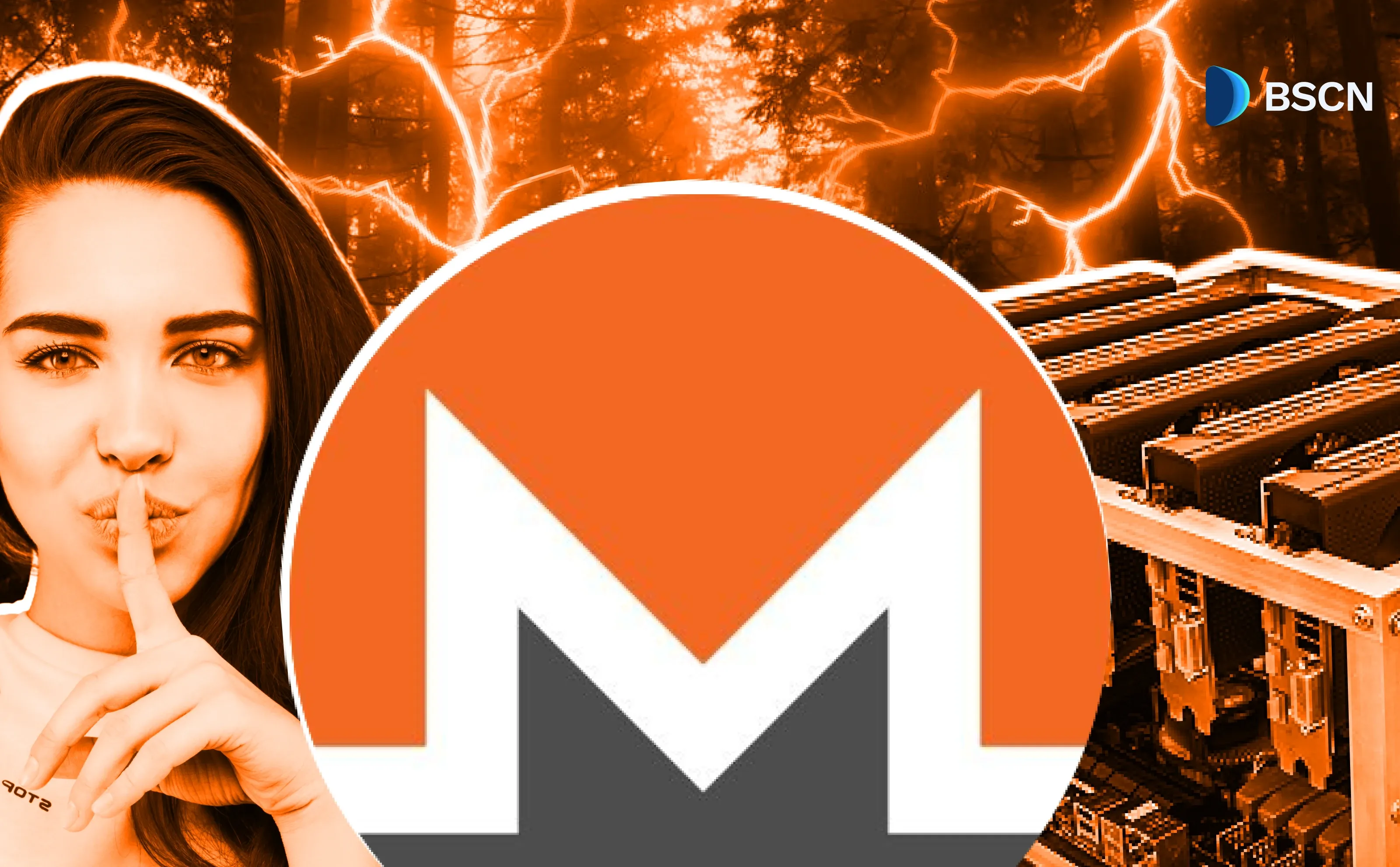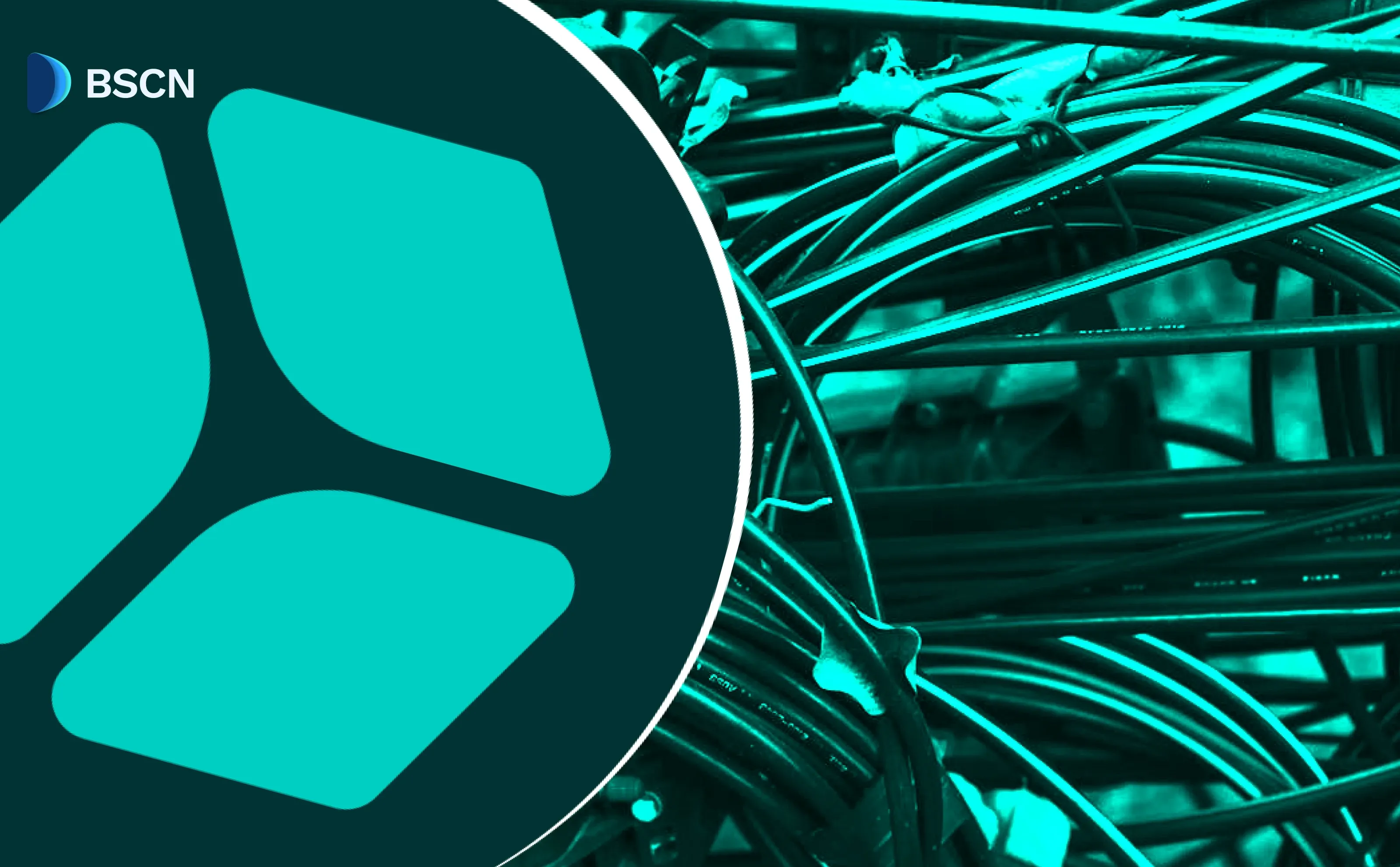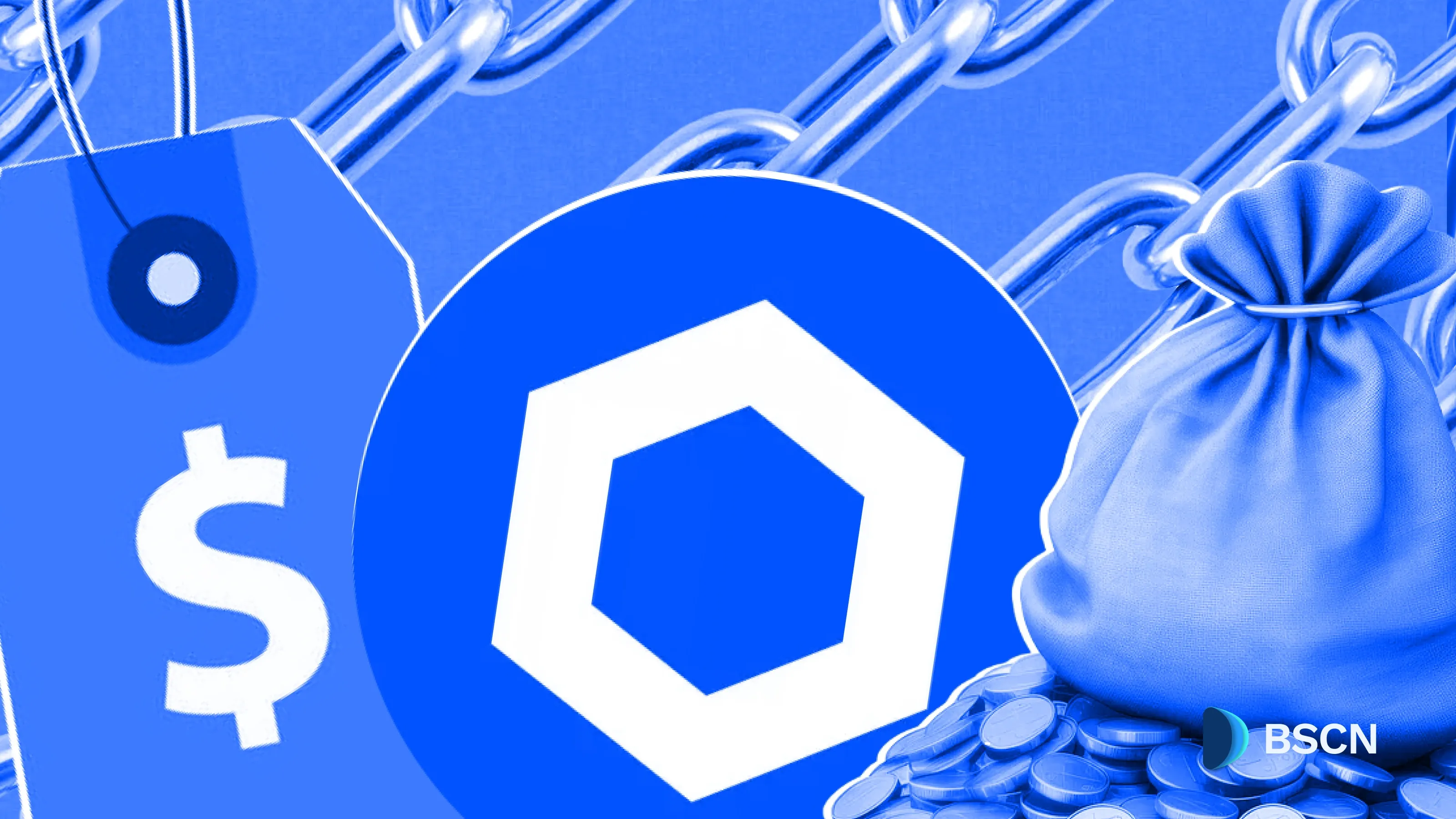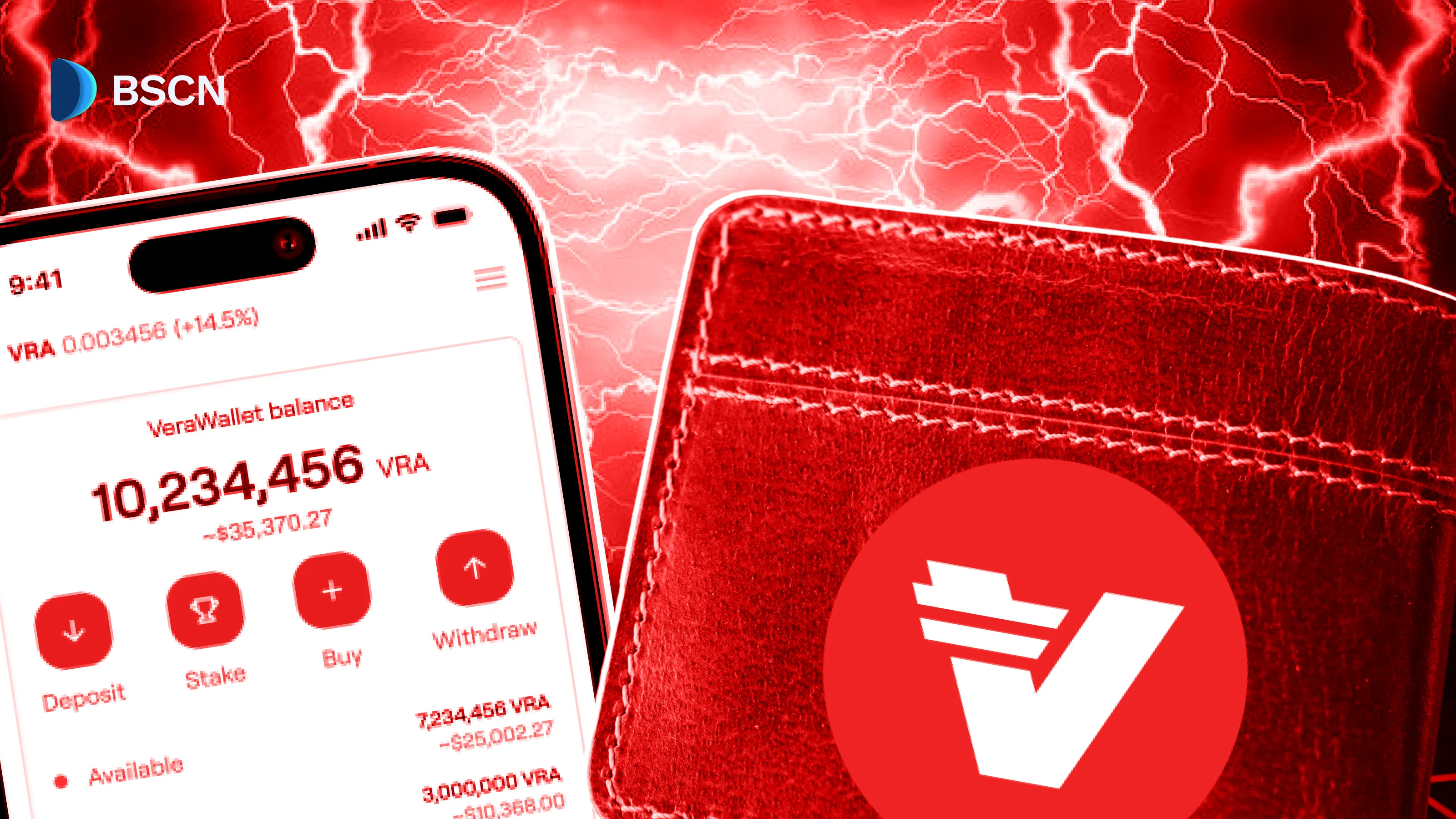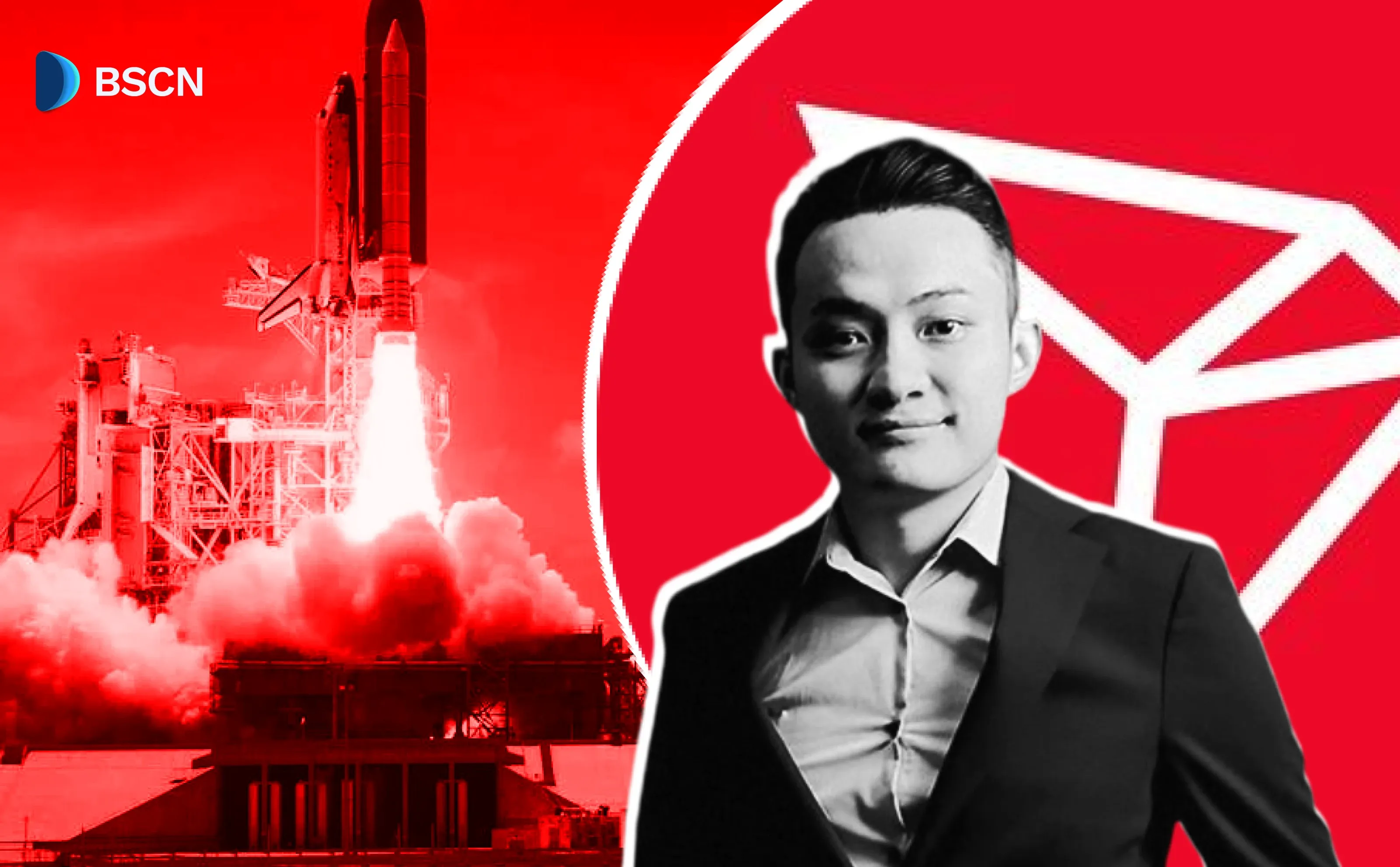WEB3
Earning While Playing – How DeFi Is Transforming Gaming into an Income Source

Uncover the fusion of decentralized finance and gaming, offering players worldwide a chance to monetize their virtual adventures.
Soumen Datta
March 30, 2024
Disclaimer: The views expressed in this article do not necessarily represent the views of BSCNews. The information provided in this article is for educational and informational purposes only and should not be construed as investment advice. BSCNews assumes no responsibility for any investment decisions made based on the information provided in this article.
Earning while playing is no longer a fantasy—for players worldwide, it’s swiftly becoming a tangible prospect thanks to DeFi.
This article peels back the layers of “earning while playing: how DeFi is transforming gaming into an income source,” enabling passionate gamers to monetize their time in virtual worlds.
DeFi and Play to Earn Games: The New Frontier
The convergence of gaming with decentralized finance (DeFi) has transformed the virtual gaming landscape from a source of fun to an avenue for economic gain.
Leveraging cryptocurrency and blockchain technology, DeFi challenges conventional financial transactions by promoting peer-to-peer interactions that operate independently of centralized financial institutions.
This shift introduces play-to-earn games, including opportunities to play real money slots, as avenues for leisure and accumulating cryptocurrencies and Non-Fungible Tokens (NFTs), which possess tangible market value.
With nearly $43 billion committed by 2020, the DeFi explosion indicates its significant influence on gaming—turning it into a thriving hub conducive to financial development and creativity.
Understanding Play to Earn Models
Play to Earn games have completely changed how the gaming business functions by creating a system that pays developers, investors, and gamers equally. This model works best in a free market environment where play-to-earn activities, digital asset investments, and developmental contributions are all ways to make money.
Players in these blockchain-powered cryptocurrency games have a variety of ways to amass digital assets. For every game, they can earn cryptocurrencies. Take part in trades where you buy in-game items. Or by enhancing and exchanging Non-Fungible Tokens (NFTs), which are a component of the game's virtual economy.
DeFi's Role in Gaming Economies
Decentralized finance (DeFi) is a vital part of gaming economies. It creates spaces where gamers can do peer-to-peer trades in decentralized in-game marketplaces without central control.
This includes trading and lending assets and earning interest through smart contracts.
By taking part in DeFi, players have an essential role in the in-game marketplace ecosystem. This allows them to get rewards from involvement in the game's economy.
DeFi turns traditional gaming money into cryptocurrencies that have real value outside the game. These digital assets become tradable things with investment potential and ownership rights.
Making blockchain technology better at handling lots of activity and cheaper to use is essential for these vibrant economic systems to work and grow.
How Play Earns You Real Crypto in Blockchain Games

Unlike regular video games, blockchain games let you gain real cash and crypto assets. You play complete tasks and win tokens with actual money value.
These tokens aren't just for show. You can trade them on special marketplaces. The game's smart contracts ensure all trades happen securely and transparently.
So, your in-game winnings directly become real funds in your pocket! As you keep playing, you keep earning. It's a money-making gameplay loop that hooks you with continuous rewards and incentives.
Token Rewards and In-Game Currencies
In blockchain games, players utilize in-game currencies and non-fungible tokens (NFTs) as foundational elements to amass, barter, and capitalize on digital assets.
These game items possess actual monetary value that players can procure through various activities, such as completing quests within strategy games or exploring different aspects of a given gaming world.
Once acquired, these in-game currencies have real-world financial implications since they can be converted into standard cryptocurrencies or fiat currency, offering gamers a genuine fiscal reward for their playing time.
The introduction of decentralized exchanges tailored for NFT transactions has transformed the trading dynamics for game items by minimizing fees and eliminating reliance on conventional brokers.
With the emergence of ERC-404 tokens—a hybrid blending quality from fungible and non-fungible asset types—an exciting new chapter is unfolding within gaming finance systems that promise richer interactions and more complex economic possibilities inside virtual game environments.
Ownership and Trade of In-game Assets
Blockchain games stand out from traditional video gaming platforms by enabling genuine ownership and exchangeability of in-game assets. Players have the autonomy to govern their digital possessions, from characters and skins to parcels of virtual real estate, typically through NFTs.
Central to this mechanism is the game’s own token, which plays a pivotal role. By incorporating DeFi principles into these platforms, there’s an assurance of unalterable records for asset ownership that facilitate transactions without requiring trust between parties—substantially heightening both security measures and transparency for users.
The scarcity factor and inherent value of certain items within blockchain games emulate those in rare collectible markets. Unique traits can result in some NFT-tied items accruing more value as time passes.
Players are granted tools allowing them not just to create but also monetize new NFTs on these gaming platforms—enabling them to either sell directly using the native game currency or trade across different ecosystems—and thus promoting interconnectivity among various gaming realms, boosting both use cases for digital goods and overall market liquidity.
Players may also venture beyond individual game economies into broader decentralized finance (DeFi) networks where they could utilize their collected game assets as collateral when seeking loans or opt-in mechanisms designed to accrue interest income while still holding onto their valued acquisitions.
Bridging Games and Income: Case Studies of Successful Play to Earn Games

Play-to-earn games have proven their capacity to offer tangible economic benefits, as evidenced by the remarkable success of Axie Infinity. This game exemplifies how players can profit from growing and exchanging NFT-based game assets, transforming their online activities into lucrative opportunities.
Especially in places like the Philippines, these play-to-earn games serve as entertainment and a significant source of income that often exceeds average local earnings.
The range of money-making possibilities provided by these sandbox game maker platforms spans various engaging tasks such as cultivating virtual pets or dealing in scarce NFT-related assets—all with options for conversion into actual currency.
Strategies for Maximizing Earnings
Players aiming to maximize their profits from playing to earn games can employ different methods. Focusing on specific market segments, like cultivating uncommon species in the game’s environment, may demand higher prices and more significant profit margins.
Also, participating in high-stakes tournaments or contests allows players to enhance their earnings through substantial reward funds.
A robust gaming community acts as a fountainhead of shared wisdom. Exchanging tactics, combining resources, and working together can amplify monetary success within the fabric of the game’s world.
Carefully choosing which game assets to stake has the potential for creating additional revenue streams passively—this strengthens an individual’s financial holdings related directly to their engagement with these play-to-earn experiences.
Author
 Soumen Datta
Soumen DattaSoumen has been a crypto researcher since 2020 and holds a master’s in Physics. His writing and research has been published by publications such as CryptoSlate and DailyCoin, as well as BSCN. His areas of focus include Bitcoin, DeFi, and high-potential altcoins like Ethereum, Solana, XRP, and Chainlink. He combines analytical depth with journalistic clarity to deliver insights for both newcomers and seasoned crypto readers.
Latest News
Crypto Project & Token Reviews
Project & Token Reviews
Comprehensive reviews of crypto's most interesting projects and assets
Learn about the hottest projects & tokens
Latest Crypto News
Get up to date with the latest crypto news stories and events
